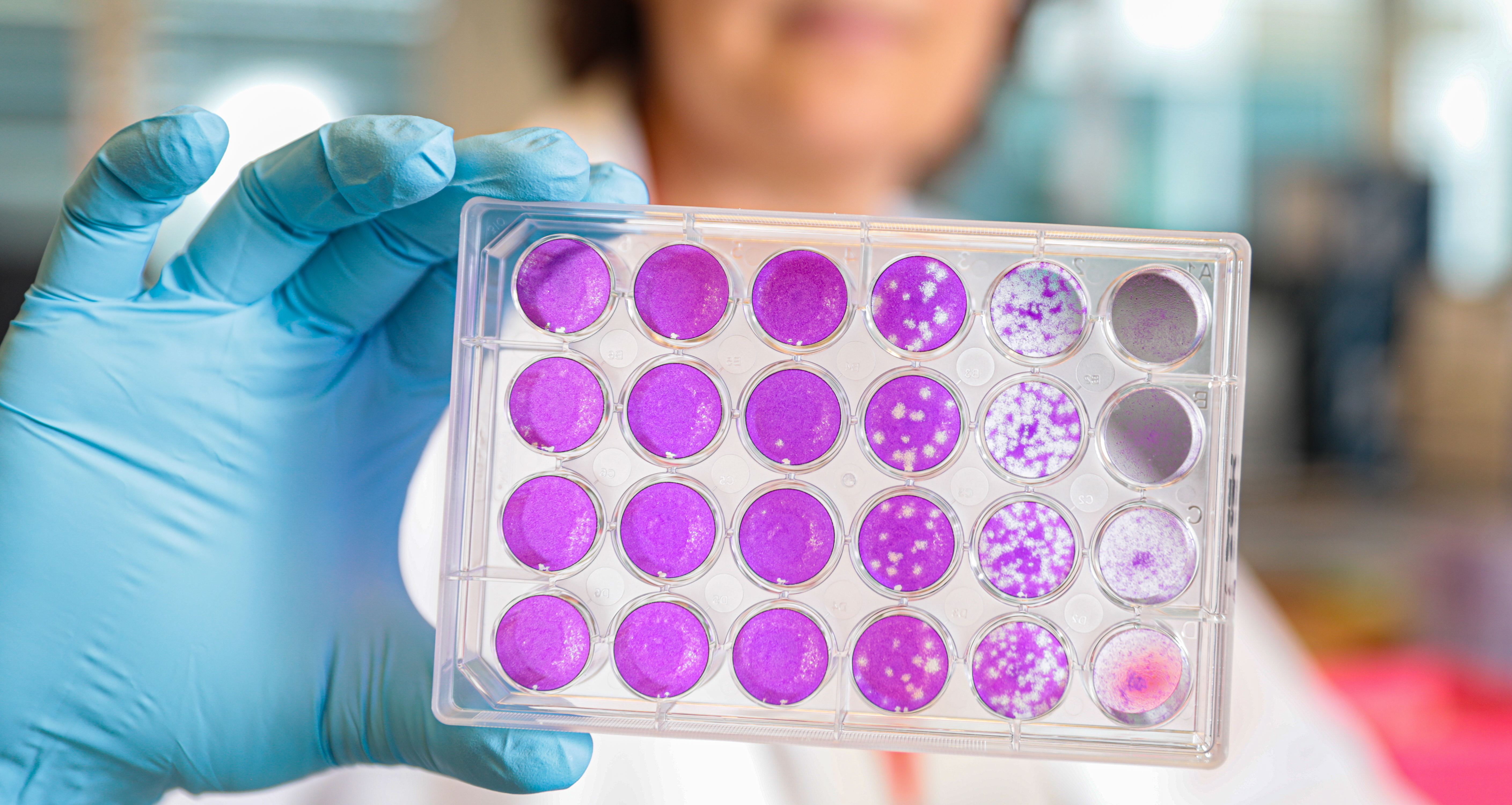
Blood tests detect the presence of antibodies against an infectious agent, such as SARS-CoV-2, in a patient’s bloodstream. Some antibodies simply indicate whether the individual has been previously exposed to either the virus or a vaccine, while others – known as neutralizing antibodies – provide immunity against infection or re-infection.
In the case of SARS-CoV-2, neutralizing antibodies work by interfering with the virus’ spike protein, which is the key that the virus uses to enter respiratory system cells by binding to the ACE2 receptors on the cells’ surface.
The research was carried out by the teams at the CHUV’s Service of Immunology and Allergy, which are led by Prof. Giuseppe Pantaleo and Dr. Craig Fenwick, and by EPFL’s Laboratory of Virology and Genetics, headed by Prof. Didier Trono and Dr. Priscilla Turelli. The new antibody test is a highly sensitive and extremely accurate way of measuring how well a sample of blood serum can prevent the spike protein in its trimeric form – as found on the surface of the SARS-CoV-2 virus – from binding to ACE2 receptors.
Because the new method requires a simple blood test, it can be deployed easily on a large scale. The test results show whether a patient has developed immunity against one or more variants of SARS-CoV-2. The research team was able to develop the test rapidly thanks to the core facilities set up and supported over many years by the Swiss Vaccine Research Institute.
About the new antibody test
The new test is available at the CHUV’s Service of Immunology and Allergy. It can be taken only at the request of a doctor. The test costs CHF 100 and is not currently covered by Swiss health insurance plans.
